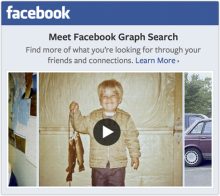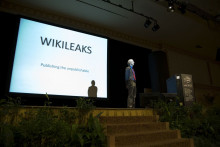Facebook's redirect error foretells the future of hacking
Last week Facebook suffered an "error" that had an astounding ripple effect, as users of thousands of popular websites were inadvertently redirected to a Facebook error page. It was shocking to learn that Facebook Connect could disrupt every site it linked to -- but even more troubling was the glimpse it gave us of future hacker attacks.












































































